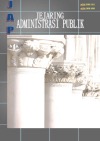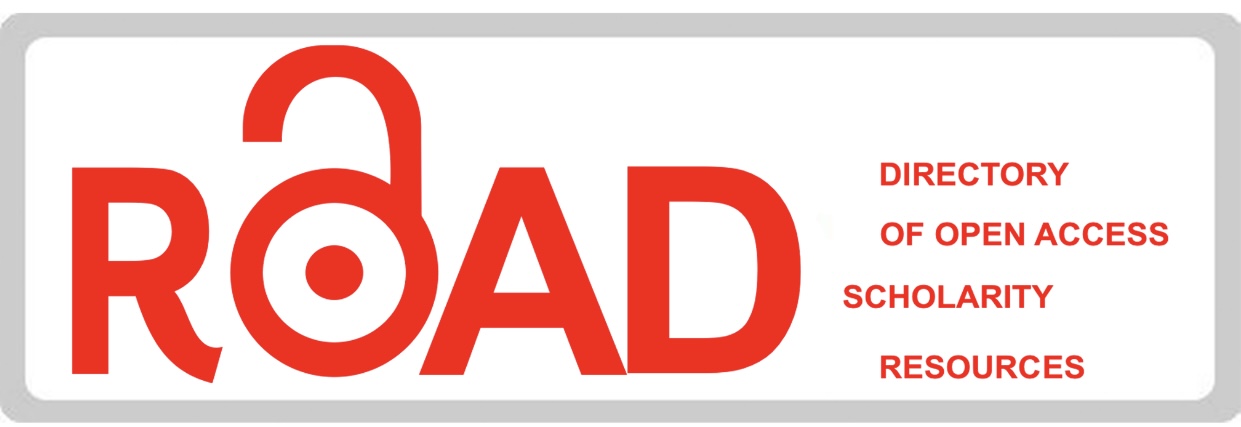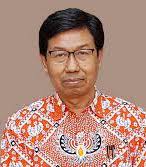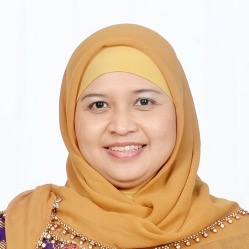Analysis of The Constructivist Approach in The Learning Process of Public Policy
Downloads
The constructivist approach to education emphasizes the active participation of students in knowledge-building through direct experiences, social interactions, and later reflection. This article analyses constructivism as a philosophical framework within public policy education, promoting the evolution of conventional learning into a more dynamic, participatory, and adaptive process. This method transforms educators from information providers to facilitators who create learning environments promoting inquiry and cooperation. Rather than only measuring the quantity of retained knowledge, constructivism prioritizes evaluation as a pedagogical approach that emphasizes the cultivation of a deep understanding of concepts and their application in real-world contexts. In conclusion, the constructivist technique fosters a learning environment that is both pertinent and inclusive, promoting the growth of students into critical, creative, and independent individuals. Incorporating constructivism into the curriculum could enhance the efficacy of public policy education in equipping students to address the challenges and intricacies of contemporary society.
Keywords: Constructivism, Education, Social Interaction, Public Policy
Abbeduto, Leonard, (2004) Taking Sides: Clashing Views on Controversial Issues in EducationalPsychology, Third Edition, McGraw-Hill
Habsy, B. A., Lestari, P. D., Maulidynan, D. A., & Karim, N. A. (2024). Integrasi Teori Perkembangan Kognitif Jeanpiaget dan Perkembangan Bahasa Vygotsky dalam Pembelajaran: Pemahaman dan Penerapan di Sekolah. TSAQOFAH, 4(2), 735–750.
Husna, H. (2023). Penerapan Model PBL (Problem Based Learning) Pada Pendekatan Teori Konstruktivisme Untuk Meningkatkan Kemampuan Berpikir Kritis. SNHRP, 5, 2177–2188.
Kostakopoulou, D. (2018). Konstruktivisme dan Konstruktivisme Institusional. Dalam Konstruktivisme Institusional dalam Ilmu Sosial dan Hukum: Kerangka Berpikir, Pola Perubahan (hlm. 37–67). Cambridge: Cambridge University Press.
Nazir, M., & Sikumbang, R. (2013). Metode Penelitian. Bogor: Ghalia Indonesia.
Onuf, N. G. (2012). World of Our Making: Rules and Rule in Social Theory and International Relations. Routledge.
Mukoyimah, S., & Arsyad, M. (2023). Merdeka Belajar Kampus Merdeka: Tinjauan Filosofis dari Perspektif Filsafat Pendidikan Barat dan Timur serta Realitasnya. Jurnal Filsafat Indonesia, 6(2), 291–302.
Rangkuti, A. N. (2014). Konstruktivisme dan Pembelajaran Matematika. Darul Ilmi: Jurnal Ilmu Kependidikan Dan Keislaman, 2(2).
Schwandt, T. A. (1994). Constructivist, interpretivist approaches to human inquiry. In N. K. Denzin & Y. S. Lincoln (Eds.), Handbook of qualitative research (pp. 118–137). Sage Publications, Inc.
Sugrah, N. (2019). Implementasi teori belajar konstruktivisme dalam pembelajaran sains. Humanika, Kajian Ilmiah Mata Kuliah Umum, 19(2), 121–138.
Suprapti, E. (2018). Penerapan teori belajar konstruktivisme untuk meningkatkan hasil belajar mahasiswa pada mata kuliah matematika dasar. MAJAMATH: Jurnal Matematika Dan Pendidikan Matematika, 1(1), 24–32.
Umbara, U. (2017). Implikasi teori belajar konstruktivisme dalam pembelajaran matematika. JUMLAHKU: Jurnal Matematika Ilmiah STKIP Muhammadiyah Kuningan, 3(1), 31–38.
Wendt, A. (1999). Social Theory of International Politics. Cambridge: Cambridge University Press.
Widodo, A. (2007). Konstruktivisme dan Permbelajaran Sains. Jurnal Pendidikan Dan Kebudayaan, 91–105.
Yusuf, M., & Arfiansyah, W. (2021). Konsep “Merdeka Belajar” dalam Pandangan Filsafat Konstruktivisme. AL-MURABBI: Jurnal Studi Kependidikan Dan Keislaman, 7(2), 120–133. https://doi.org/10.53627/jam.v7i2. 399
Von Glasersfeld, E. (1987). The construction of knowledge: Contributions to conceptual semantics. Intersystems Publications.
Copyright (c) 2024 Adinda Sakina Putri, Grandy Umbu Endalu Radandima, Arvan Setiawan

This work is licensed under a Creative Commons Attribution-ShareAlike 4.0 International License.
All articles submitted by the author and published in the Jejaring Administrasi Publik are fully copyrighted to their authors under the Creative Commons Attribution-ShareAlike 4.0 International License. The formal legal aspect of journal publication accessibility refers to the Creative Commons Attribution-ShareAlike (CC BY-SA).
















